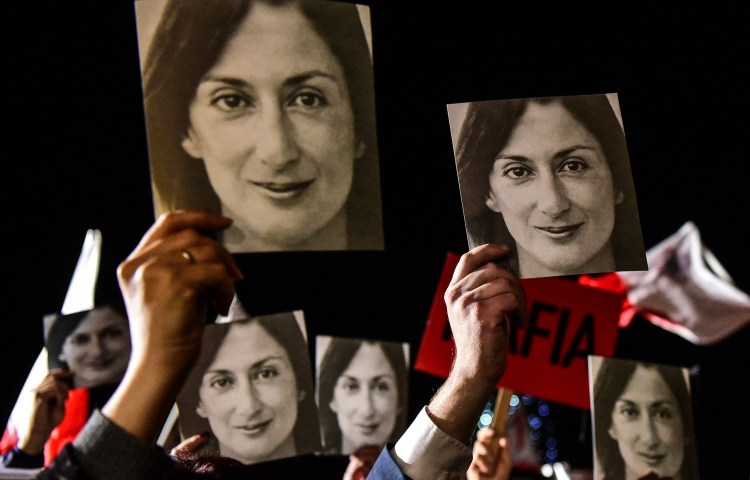
‘Action should follow words’: Daphne Caruana Galizia’s family wants Maltese journalists to work without fear
Last week’s indictment of businessman Yorgen Fenech marked a critical step in the quest for accountability in the murder of Maltese investigative journalist Daphne Caruana Galizia. According to news reports, Malta’s attorney general has called for a life sentence plus an additional 20 to 30 years behind bars for Fenech, the alleged mastermind of…

Pegasus Project revelations show added layer of risk for corruption reporters
Exposing those who abuse power for personal gain is a dangerous activity. Nearly 300 journalists killed for their work since CPJ started keeping records in 1992 covered corruption, either as their primary beat, or one of several. The risk was reaffirmed this month with the release of the Pegasus Project, collaborative reporting by 17 global…
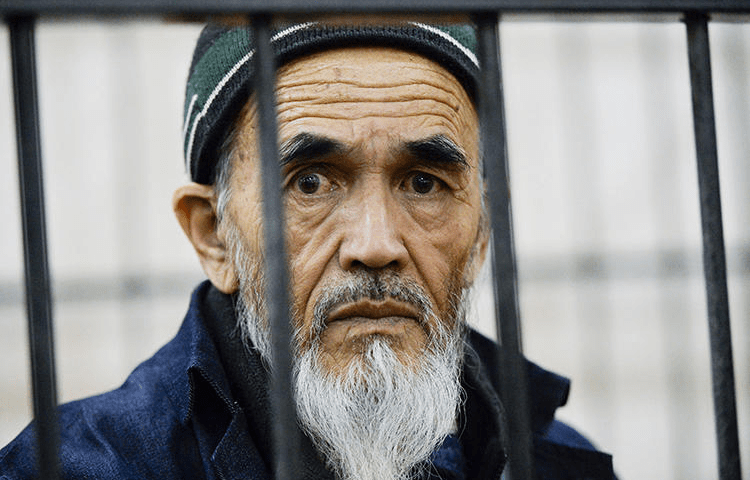
CPJ joins statement calling on Kyrgyz authorities to investigate death of journalist Azimjon Askarov
The Committee to Protect Journalists today joined four other human rights and free expression organizations in a joint statement calling on Kyrgyzstan authorities to conduct an independent investigation into the death in prison of journalist Azimjon Askarov. The statement notes that authorities have failed to thoroughly and credibly investigate the circumstances of Askarov’s July 25,…
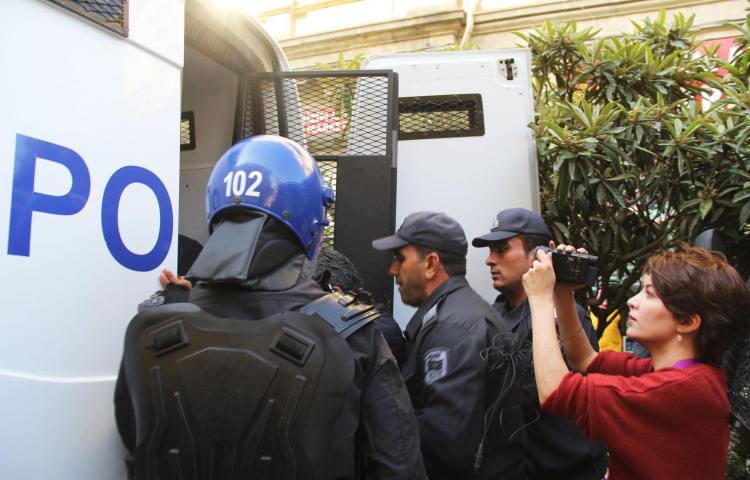
Azerbaijani journalist Sevinj Vagifgizi was ‘astonished’ to learn of Pegasus spyware on phone
Azerbaijani authorities have long had a firm grip on the media by imprisoning, harassing, and persecuting journalists both at home and abroad as well as blocking their websites. Now authorities are alleged to have used a new tool in their quest to muzzle independent reporting: spyware. Several Azerbaijani journalists have been named in the collaborative…
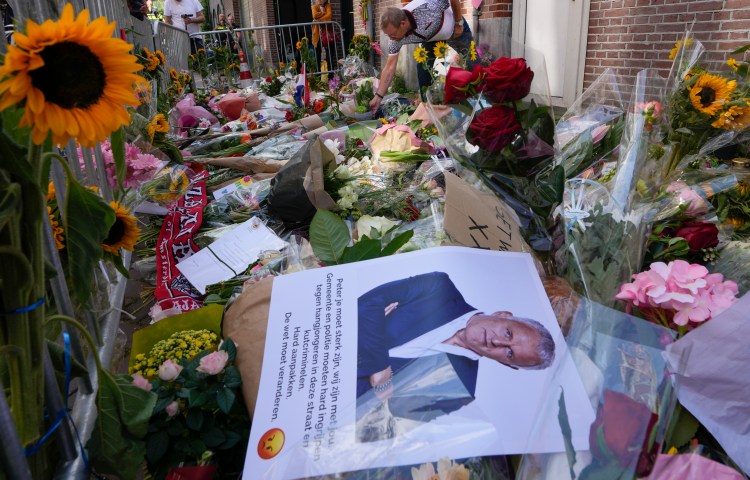
‘Obviously very chilling’: Peter R. de Vries killing shows the danger of Dutch crime reporting
The brutal slaying of crime reporter Peter R. de Vries has shocked the Netherlands. Although still one of the least violent countries for journalists in the world, reporters, parliament, and local press freedom groups warn that threats, intimidation, and violence against outlets and individual journalists reporting on organized crime are on the rise. More than 80 percent of Dutch journalists experienced…
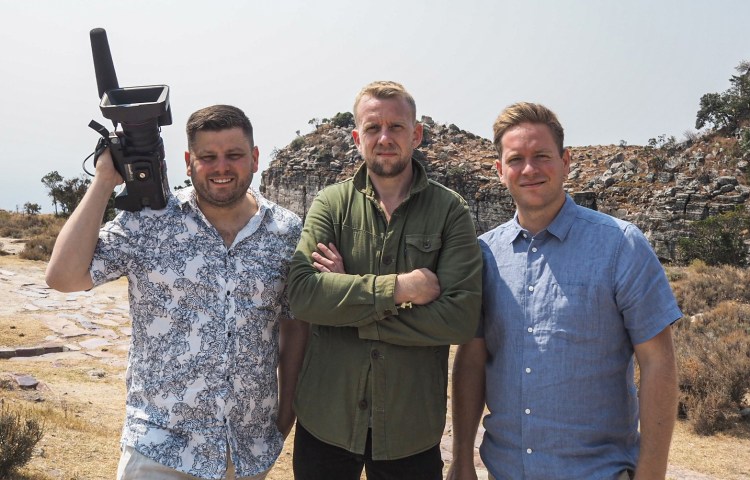
Iceland fishing company goes ‘guerilla’ on journalists who uncovered alleged corruption
When in March of this year a neighbor alerted Helgi Seljan, an investigative reporter for Iceland’s public broadcaster Ríkisútvarpið (RÚV), that she had seen someone lurking around his house, he was alarmed, he told CPJ in a video interview. Seljan said that the neighbor recognized the alleged lurker as Jón Óttar Ólafsson, a former police…

‘The most dangerous situation’: Serbian journalists accused of links to organized crime
In March, when a reporter at Serbian investigative news site KRIK asked President Aleksandar Vučić at a press conference about the government’s alleged links to organized crime, governing party politicians and pro-government media outlets turned the claim back on KRIK. They accused the journalists of being part of a criminal network, which KRIK has forcefully denied, as CPJ…
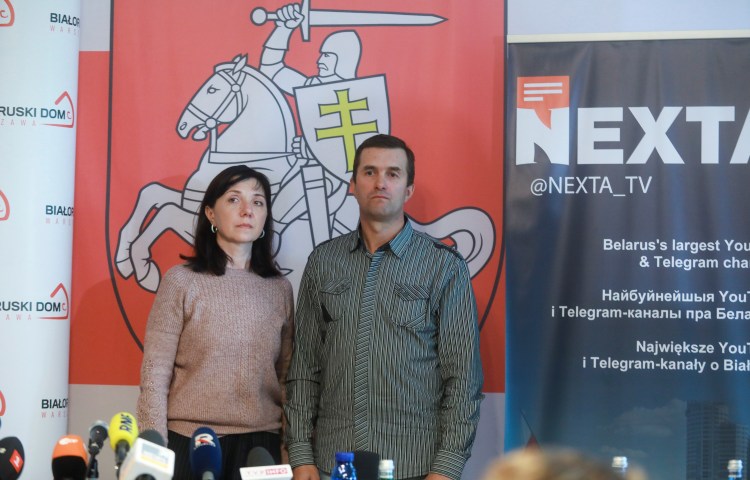
Belarusian journalist Raman Pratasevich’s parents on their efforts to find and free their son
“It felt like a horror movie.” That is how Dmitry Pratasevich describes learning that his son, Raman Pratasevich, was arrested after Belarusian authorities diverted Raman’s commercial flight from Greece to Lithuania to land in Minsk on May 23. Raman was the co-founder of NEXTA and the chief editor of Belarus of the Brain, two Telegram channels that rankled authorities…
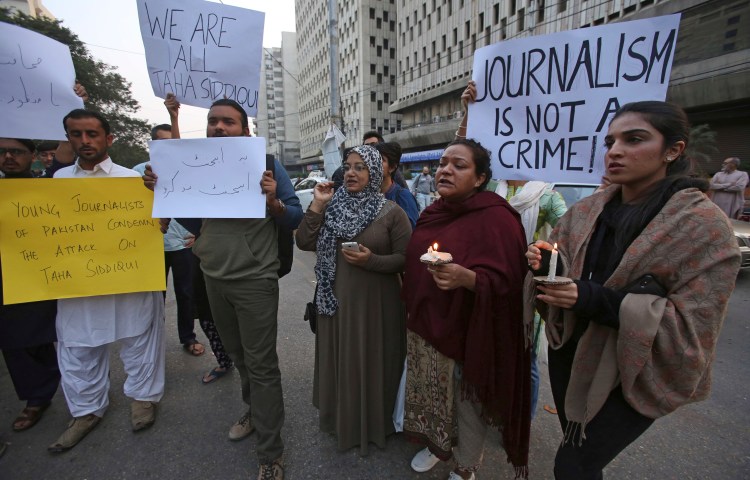
At-risk journalists who must flee home countries often find few quick and safe options
In 2018, journalist Mohammad Shubaat was in Daraa, Syria, caught between advancing forces aligned with Syrian President Bashar al-Assad and the closed borders of Israel and Jordan. Despite the dire threat to Shubaat and many of his colleagues, it would take over a year of intense negotiations with some 20 countries by the Committee to…
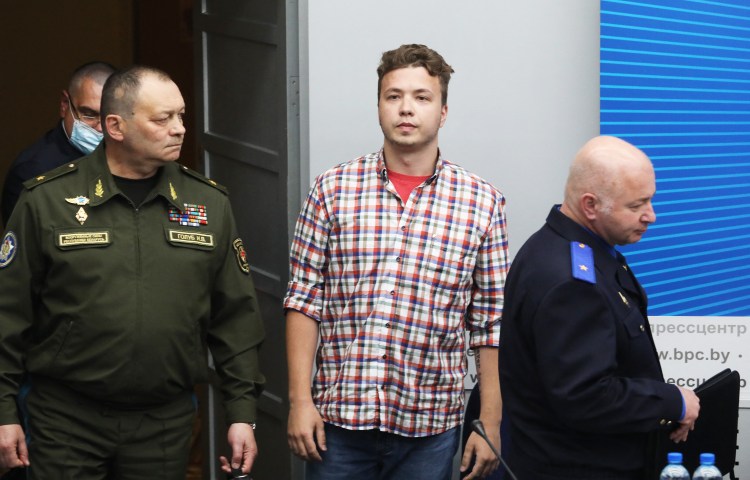
Why authoritarian governments force journalists like Belarus’s Raman Pratasevich into public confessions
Forced confessions—sometimes tied to public humiliation—have a long and inglorious history, and were a fundamental component of ancient judicial systems in the East and West. Obtaining a confession, by any means, for centuries was often a key part of achieving a conviction and meting out punishment. At the Salem witch trials, the accused could escape…